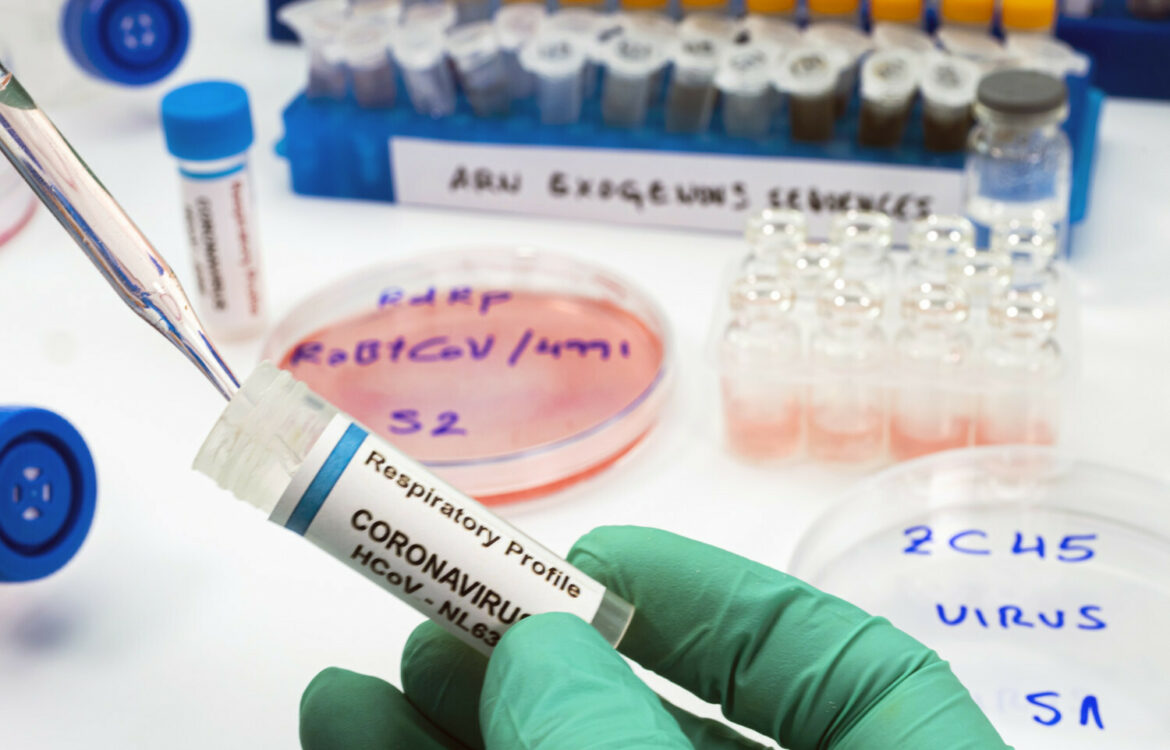Dr Karolina Chwiałkowska from the Medical University of Bialystok (UMB) is a co-author of a text published in Nature, in which an international team of scientists has identified key areas in the human genome responsible for susceptibility to SARS-CoV-2 infection and the severe course of COVID-19.
To better understand the biological basis of the course of SARS-CoV-2 infection, thousands of scientists from around the world formed a research group called the ‘COVID-19 Host Genetics Initiative’ (HGI – www.covid19hg.org) in early 2020, just after the pandemic broke out. It has also been joined by research teams from Poland, including a project led by the Medical University of Bialystok under the direction of Professor Marcin Moniuszko, in collaboration with the large-scale Polish biotechnology company IMAGENE.ME, headed by Dr Miroslaw Kwaśniewski.
The COVID-19 Host Genetics Initiative is the largest research consortium in the history of the life sciences, operating on an unprecedented level. The HGI conducts research based on 60 independent projects from 25 countries worldwide. In the current analysis, more than 125,500 people infected with SARS-CoV-2 and more than 2.5 million control patients were studied.
At the beginning of August, the scientific journal Nature published the results of the HGI consortium’s analysis of not only the search for the genetic basis of the severe course of COVID-19 in some patients but also the susceptibility to SARS-CoV-2 infection itself. The co-author of this article is Dr Karolina Chwiałkowska, the only researcher from a Polish scientific unit.
“This is a comprehensive study. As many as 11 new areas in the human genome have been identified in which genetic variation is important in terms of susceptibility to coronavirus infection and the course of the disease it causes. Seven DNA regions related to susceptibility to infection and as many as 16 related to the severity of the course of COVID-19 were also identified”, said Dr Karolina Chwiałkowska.
Adrian Andrzejewski





